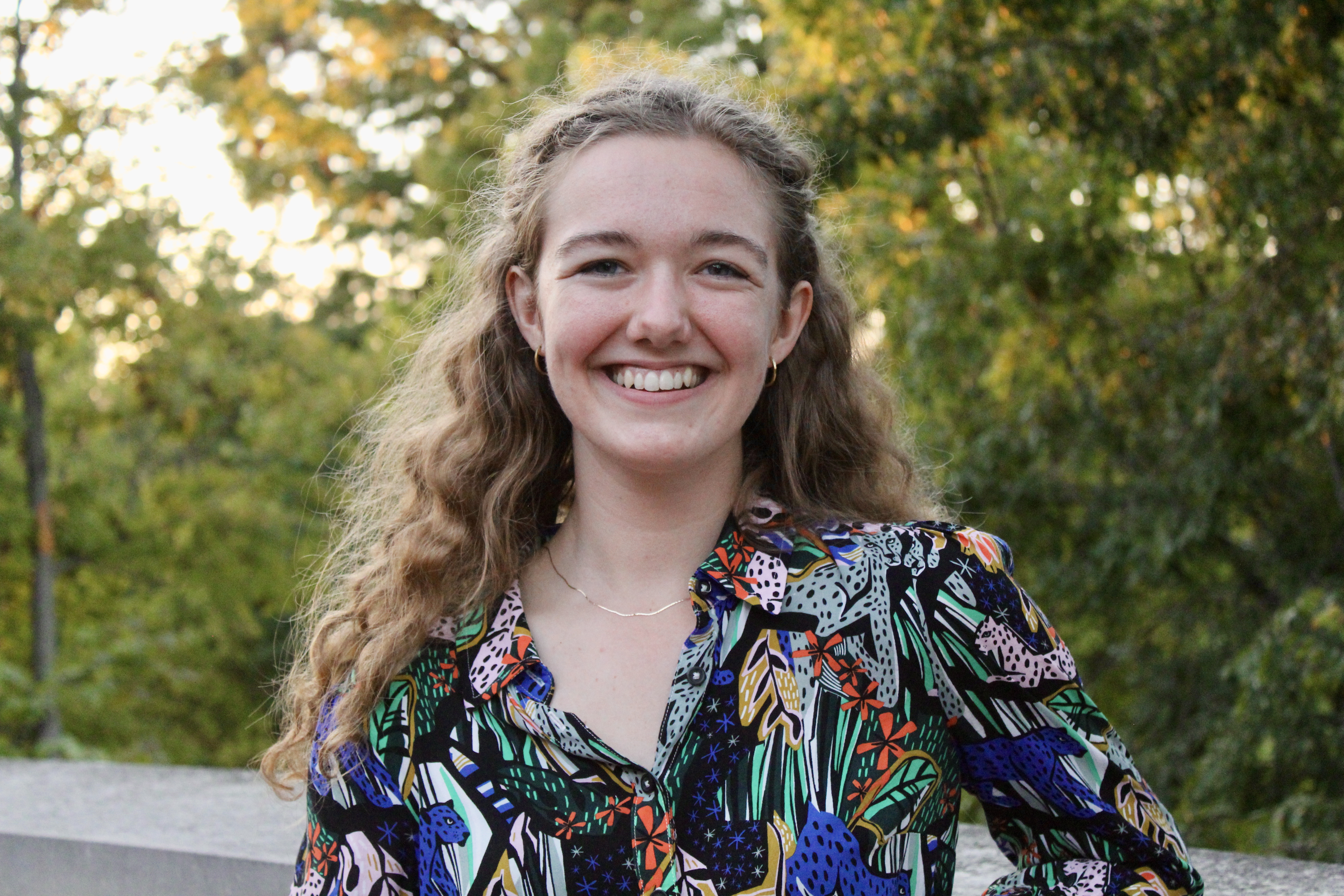Footsteps echoed in the empty hallways of the IU School of Education on the morning of November 6th. Armed with folding tables and enthusiasm, IUJUR staff members made their way towards the building’s atrium. In just a few minutes, the space transformed into a bustling center of activity as speakers and students poured in for the annual Research Day event.
Dr. Richard Gunderman (MD, PhD) is a Pediatric Radiologist at Riley Hospital in Indianapolis and Chancellor's Professor of Radiology, Pediatrics, Medical Education, Philosophy, Liberal Arts, Philanthropy, and Medical Humanities and Health Studies at Indiana University. “Many of you have probably seen this TED talk about power posing,” he began, “do you think it’s scientifically accurate?” He went on to explain how a leader in his hospital had shown the video in a meeting and that Dr. Gunderman had pointed out that the alleged benefits of power-posing had failed to be replicated time and time again in other studies. Even when widely respected by the public, (the 70 million viewers of the TED talk) science can be misleading. So began Dr. Gunderman’s reflections on “When, Why, and How to Trust Science.”
His talk wove together stories of COVID-19 reporting, eugenics, and even Gulliver’s Travels, drawing laughter, comments, and questions from the audience. Dr. Gudnerman emphasized that we must critically evaluate the scientific messages that we consume. Science is an essential guide, especially during the ongoing COVID-19 pandemic. Yet, blind trust in what is believed to be “scientific” can be misleading. Dr. Gunderman’s talk was met with a shower of applause and questions as students asked how to ensure their own research is trustworthy and honest.
Next on the stage was Dr. Ellen Wu, associate professor in the Department of History with affiliations to the Asian American Studies Program and Center for Research on Race and Ethnicity in Society. Dr. Wu spoke of the benefits of public-facing academic work through the lens of her research on the branding of Asian Americans as a "model minority." The audience felt like they were in the presence of a celebrity as a slide appeared with all of the outlets in which Dr. Wu’s work has appeared: Last Week Tonight with John Oliver, Adam Ruins Everything, goop, Marie Claire, NPR’s Code Switch, the Washington Post… the list goes on.
More important than where Dr. Wu has appeared, however, are the stories that she has told. Her book, The Color of Success: Asian Americans and the Origins of the Model Minority describes how the political institutions of the US have guided public perceptions of Asian Americans from the “yellow peril” to the emergence of modern stereotypes of intelligence and assimilation. Dr. Wu encouraged attendees to reflect on their own biases and beliefs and to expose the public to their academic work.
During the lunchtime break, students mingled with the Center of Excellence for Women & Technology (CeWIT), IUJUR representatives, and Dr. Lesley Weaver from the Department of Biology. Then, it was back to the auditorium to hear from the IUJUR Natural Science Board about how to get involved in research. The presentation outlined a comprehensive plan from freshman-senior year on how to contact professors, make a research plan, search for internship opportunities, and defend an honors thesis. In particular, the Board emphasized the opportunities for research in the social sciences and humanities at IU. Members of IUJUR’s humanities and social sciences boards were available to guide attendees with subject-specific resources and recommendations.
Dr. Sara Mata rounded out the day with an engaging workshop about imposter syndrome. An accomplished lecturer in the Department of Chemistry, Dr. Mata recounted her personal experiences with self-doubt throughout her educational and professional career. Factors of identity, like gender, race, economic status, etc. in addition to psychological stressors can make one feel like they “don’t deserve” their success or accomplishments. Throughout the hour long discussion, members of the audience shared their experiences with imposter syndrome in classes, university life, and research.
Armed with a better understanding of imposter syndrome, the objectivity of science, and the misnomer of “model minority”, the audience left Research Day, eager to continue their own research journeys.


